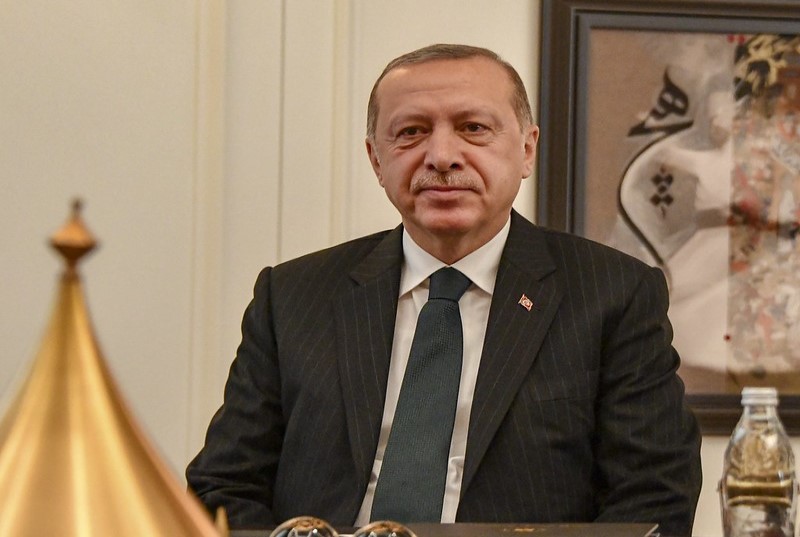Has Turkey Outfoxed China in Azerbaijan to become a rising Eurasian power?
By Michaël Tanchum
January 19, 2021
Turkey's decision to provide an unprecedented level of military assistance to Azerbaijan empowered Baku to achieve a resounding victory in the 2020 Nagorno-Karabakh War, changing the geopolitical rules of the game in the South Caucasus. Moreover, the war has enhanced Ankara's ability to project its influence in Central Asia. Benefiting from its inclusion in the Chinese-led BRI network of connectivity across Central Asia, Turkey may have outfoxed China in Azerbaijan to become a rising Eurasian power. Although Russia now has to tolerate the presence of Turkish troops on Azerbaijani soil, China may be the big strategic loser in the war's outcome.

Turkey and the Post-Ceasefire Security Design in Nagorno-Karabakh
By Natalia Konarzewska
December 30, 2020
Turkey offered unprecedented military assistance to Azerbaijan in its recent war with Armenia over the break-away Nagorno-Karabakh region. Its extensive military involvement in the conflict has already payed off and it is, furthermore, set to have far-reaching geopolitical implications in the future. The agreement with Russia on the establishment of a joint ceasefire monitoring centre provides Turkey with a military foothold in the south Caucasus. Even though Turkey is relegated to a secondary role in the post-war security arrangements in Nagorno-Karabakh – as Moscow is reluctant to share power in its self-assigned backyard – it has nonethelss gained a direct gateway to the Caspian Sea and Central Asia that may in time prove crucial.



